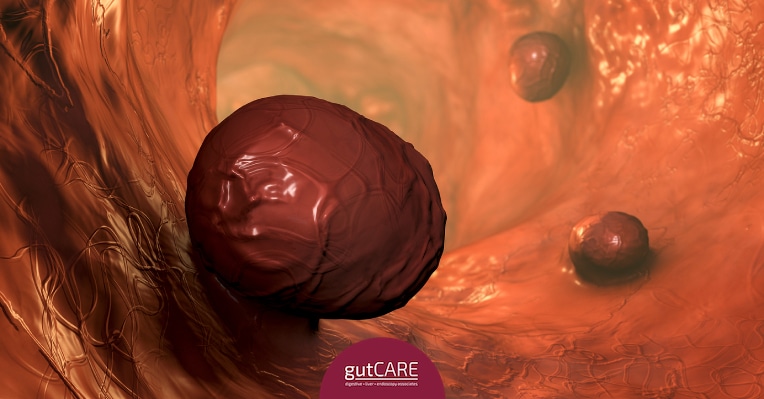Colon Polyps & How It Is Detrimental To Our Health

Colon cancer is among the most common types of cancer in the world, but only a few information about how it develops is known by the public. Generally, before cancer develops in your colon, polyps are the first to show. Colon polyps are the tiny lumps of cells that form on the lining of your colon.
While colon polyps are usually harmless, some of them can develop into colon cancer over time. When discovered in its later stages, colon cancer can be quite fatal. Hence, consulting a colonoscopy doctor in Singapore and undergoing regular screening tests are highly advised.
Anyone can have colon polyps. They are very common, occurring in about 15% to 20% of adults, and this prevalence even increases with age. To understand how these tiny growths of excess tissue develop in your colon, this article shares some of the most important pieces of information you must know about colon polyps.
How to tell if you have a colon polyp?
Most of the time, people with colon polyps do not manifest or experience any symptoms. Hence, it may be difficult to know that you have a polyp until a doctor discovers one during an examination of your colon. However, there are instances when colon polyps also lead to symptoms. Here are some of the common signs that you have a polyp in your colon:
- Rectal bleeding that can be noticed with the naked eye or detected microscopically through tests like faecal blood and genetic stool tests
- Change in your bowel movements, such as diarrhoea or constipation that lasts beyond four weeks
- Change in your stool colour, which may be caused by blood that appears as red streaks in your stool
- Unexplained weight loss or iron deficiency anaemia, which results from chronic bleeding
- Abdominal pain caused by a large colon polyp partially obstructing your bowel
What causes colon polyps?
Colon polyps are a result of the genetic changes that occur in the cells of the colon lining. Healthy cells typically grow and divide in an organised way. However, mutations in some genes can cause the cells to keep on dividing even when new cells are not needed. This uncontrolled growth of cells is the one that causes polyps to form. They can develop anywhere in your large intestine.
Numerous factors can increase the risk or rate of the genetic changes that cause colon polyps. Here are some of the major risk factors that can contribute to the formation of polyps in your colon or the development of colon cancer:
- Age (People 50 years old or older are more prone to develop colon polyps)
- Smoking
- Excessive alcohol consumption
- Obesity
- Lack of exercise
- Eating too much processed foods and red meat
- Family history of colon polyps or cancer
- Personal history of inflammatory bowel disease, such as ulcerative colitis or Crohn’s disease
- Race (African Americans have a higher risk of having colon cancer)
Do colon polyps lead to complications?
As mentioned earlier, colon polyps are usually harmless, especially if detected and removed early. However, in some cases, colon polyps can become cancerous. Aside from cancer, the other possible complications of colon polyps include diarrhoea, obstruction, and bleeding.
To prevent colon polyps from worsening and developing into cancer, it is important to undergo diagnostic tests that detect them, such as stool tests, sigmoidoscopy, computerised tomography (CT) scan, and colonoscopy. Colonoscopy, particularly, is conducted to check for polyps and remove them when the other tests show abnormalities in your colon.
Final Thoughts
In summary, colon polyps are usually not a cause of trouble, but discovering them early is important in preventing the development of cancer in your colon. If you are experiencing any of the symptoms of colon polyps, it is best to consult an abdominal pain specialist in Singapore and undergo diagnostic tests right away.
At GUTCARE, we offer various screening tests and treatments for different kinds of gut problems like hemorrhoids, irritable bowel syndrome, and colon cancer. If you suspect that you have some issues in your gut, do not hesitate to visit our clinic immediately!




